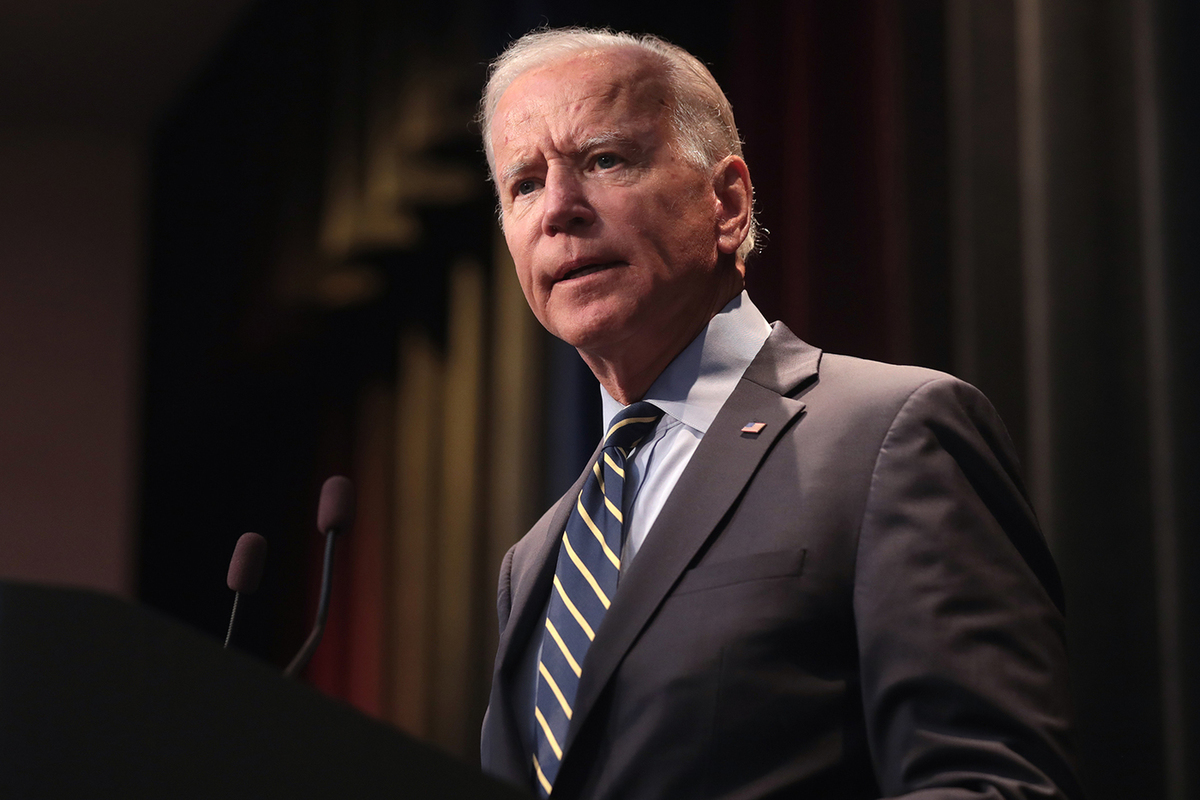Unnecessary missions: the controversial consequences of the withdrawal of US troops from the Middle East are named
[ad_1]

In recent months, US troops in Syria and Iraq have come under attack from pro-Iranian militias. And they struck back at them. At the same time, the United States is actively discussing the possibility of withdrawing military contingents from these two Arab countries.
Since the start of the Israeli military campaign in the Gaza Strip, tensions and hostilities throughout the Middle East have reached a fever pitch. And in the face of a complex regional crisis, it should not be surprising that the Biden administration is reconsidering its military priorities in the region, writes Foreign Policy. However, the authoritative publication continues, “it should be a matter of serious concern that this could entail a complete withdrawal of American troops from Syria.” While no final decision has been made to withdraw, four Pentagon and State Department sources said the White House is no longer investing in maintaining a mission the administration considers unnecessary. Active internal discussions are currently underway to determine how and when a withdrawal might occur.
With approximately 900 troops in Syria, Foreign Policy says the United States plays an important role in containing and defeating the ongoing Islamic State insurgency in northeastern Syria, working alongside its local partners – consisting mainly of Kurdish formations, the Syrian Democratic Forces (SDF).
Foreign Policy claims that in Syria, ISIS is engaged in a slow but methodical recovery. Over the past few years, the Islamic State has deliberately concealed the level of its operations in Syria, consistently choosing not to take responsibility for the attacks it carries out. However, after Israel began its war against Hamas in Gaza, the jihadist group began to show the extent of its re-emergence in Syria for the public to see for the first time.
In many ways, neighboring Iraq is a key player in this story, as the US-led coalition against the Islamic State is effectively headquartered on Iraqi soil. But amid unprecedented hostilities between Iranian-backed militants and US forces in Iraq, with US retaliatory strikes in Baghdad and Iranian-made ballistic missiles targeting US troops on Iraqi soil, pressure is rapidly growing within the Iraqi political system to withdraw US troops from Iraq. countries.
With Iraqi Prime Minister Mohammed Shia al-Sudani now publicly pushing for the withdrawal of US troops from his own country, Foreign Policy has some hope that a US military presence in Iraqi Kurdistan could support counter-ISIS operations, including in Syria. However, shifting the coordination of the fight against the Islamic State from Baghdad to Kurdistan would entail its own complications, exacerbating intra-Kurdish tensions, which would likely provoke unfavorable Turkish intervention.
The US and Iraq are expected to soon begin talks on the future of the US military presence in the country, CNN reported, citing people familiar with the matter, amid public calls from the Iraqi government for the US to withdraw its troops.
Washington and Baghdad agreed last summer to form a high military commission as a mechanism for negotiations, according to the Pentagon. Working group-style discussions between U.S. and Iraqi officials will focus on the next phase of the U.S.-led coalition to fight ISIS.
There are currently about 2,500 U.S. troops in Iraq, serving there in advisory and assisting capacity since December 2021, when the U.S. military announced it would end its combat activities in the country. The Pentagon says the Iraqi government has not formally asked the U.S. military to withdraw, emphasizing that the troops are still there at the invitation of the Iraqi government. And there is no set deadline for the completion of the military high commission’s deliberations or their final outcome.
As John Alterman, director of the Middle East program at the Center for Strategic and International Studies, notes, rumors of a possible change in the US position in Iraq would be a victory for Iran, Alterman said: “Any sign that this is the beginning of the end would be widely celebrated in the Iranian corridors.”
At the same time, despite talk about the possibility of the withdrawal of American occupation forces from Syrian soil, a senior American official told CNN: “The Biden administration is not considering the withdrawal of troops from Syria.”
Ultimately, events that occurred after the outbreak of the Gaza war brought the deployment of US troops in northeast Syria to the brink of collapse. Given the catastrophic consequences of America’s hasty flight from Afghanistan in 2021 and the upcoming US elections later this year, it is difficult to understand why the Biden administration is considering withdrawing troops from Syria, Foreign Policy admits. Regardless of how such a withdrawal of troops is carried out, it will cause chaos and a rapid surge in terrorist threats, the publication states. To this we can add that such a sad picture is observed almost everywhere where Washington’s hand reaches.
[ad_2]
Source link








